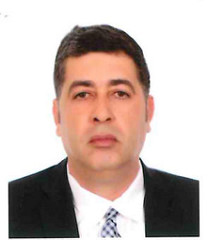Will Covid-19 trigger a massive fall in FDI flows to the Arab region?
Flows of foreign direct investment (FDI) into the Arab region by multinational enterprises are falling dramatically as a consequence of the global pandemic. This column reports on the likely scale of the negative impact and the implications for regional growth and development.
How global trade tensions are affecting the Arab region
How are Arab countries likely to be affected by the trade wars instigated by the United States against China and the European Union? This column reports research findings on the potential winners and losers in the Arab region.
Non-tariff measures in the Arab region
International trade is still hampered by non-tariff measures (NTMs), which in turn is a barrier to growth, particularly in developing countries. This column summarises the findings of a comprehensive review of NTMs in the Arab region and their corresponding ‘ad-valorem equivalents’ of tariffs. Reduction, simplification and harmonisation of these NTMs would make pan-Arab trade agreements much more effective.
Development Gains from Arab-African Trade Integration
Despite their proximity, trade and investment flows between the Arab countries and sub-Saharan Africa are very low. This column reports analysis of the potential development gains from deepening economic integration between groups of countries within and across the two regions. Existing and proposed free trade agreements that can help to promote stronger growth include the Arab customs union, the continental free trade area of the African Union, the pan Arab free trade area and the tripartite free trade area, which links three regional economic communities in Africa


